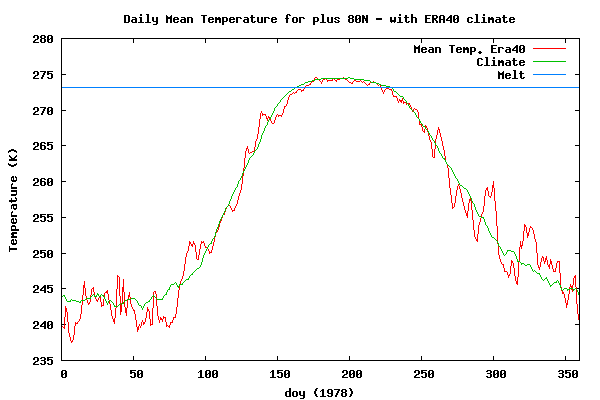Russian politician: 'My assistant started Estonian cyberwar'
At a 3 March 2009 panel discussion between Russian and American experts on information warfare in the 21st century, Sergei Markov, a State Duma deputy from Vladimir Putin's Unified Russia party, admitted his involvement in the 2007 attack that shutdown Estonia’s internet traffic.
"About the cyberattack on Estonia... don't worry, that attack was carried out by my assistant. I won't tell you his name, because then he might not be able to get visas," Markov said.
Estonian officials always claimed the attacks originated from Russia. The attacks, according to computer experts, were distributed denial-of-service, or DDoS, attacks; hundreds or thousands of "zombie" computers are enlisted to overwhelm the target network. They began after April 27, when Estonia removed a World War II Soviet memorial from its capital, Tallinn, provoking howls of protest from the Kremlin, (which seems to spend a very great deal of it’s time howling.) The internet attacks continued to mid-May.
Russia has consistently denied any involvement. On 10 March, however, Konstantin Goloskokov—Markov’s assistant—a commissar in the pro-Putin youth group Nashe, (Молодежное демократическое антифашистское движение «Наши»), which works for the Kremlin, admitted he and some associates had launched the attack—apparently the first time anyone has claimed direct responsibility.
Nashe—which means “Ours!”—is Russian Prime-Minister-For-Life Vladimir Putin's version of the Soviet Komsomol, (Коммунистический союз молодёжи), or Communist Union of Youth.
"I wouldn't have called it a cyber attack; it was cyber defense," Goloskokov said. "We taught the Estonian regime the lesson that if they act illegally, we will respond in an adequate way."
"We were attacked by 178 countries," quipped Katrin Pargmae, a spokeswoman for the Estonian Informatics Centre, which administers the state's information systems, including the internet.
It is believed to have been the first attack of its kind, directed against virtually the entire informational infra-structure of a NATO country.
And then:
August 2008: Russia's invasion of Georgia was accompanied by a wave of cyber attacks on Georgian government websites. The cyber attacks—which began well before Russian tanks rolled in—overwhelmed Georgian government websites with swarms of data: some websites were defaced by hackers.
There was no clear proof of Russian military involvement (investigators have reportedly traced some of the data to Russian servers tied to organized-crime groups), so the perpetrators may have been nationalists. Still, the timing suggests that even if the responsible parties weren't in uniform, they coordinated their moves with the Russian military.
November 2008: Russian hackers successfully penetrated Pentagon computer systems in the most severe cyber attacks ever on US military networks.
The attacks struck computers within the US Central Command, which oversees Iraq and Afghanistan, and involved malicious software—known as malware—which permeates a network. The attacks were so serious, Admiral Michael Mullen, the chairman of the joint chiefs of staff, briefed President Bush and Defense Secretary Robert Gates.
I smile when they tell me the Cold War is over. I try not to guffaw out loud, though.
“Soviet Union foreign policy is a puzzle inside a riddle wrapped in an enigma, and the key is Russian nationalism.”
— Winston Churchill











No comments:
Post a Comment